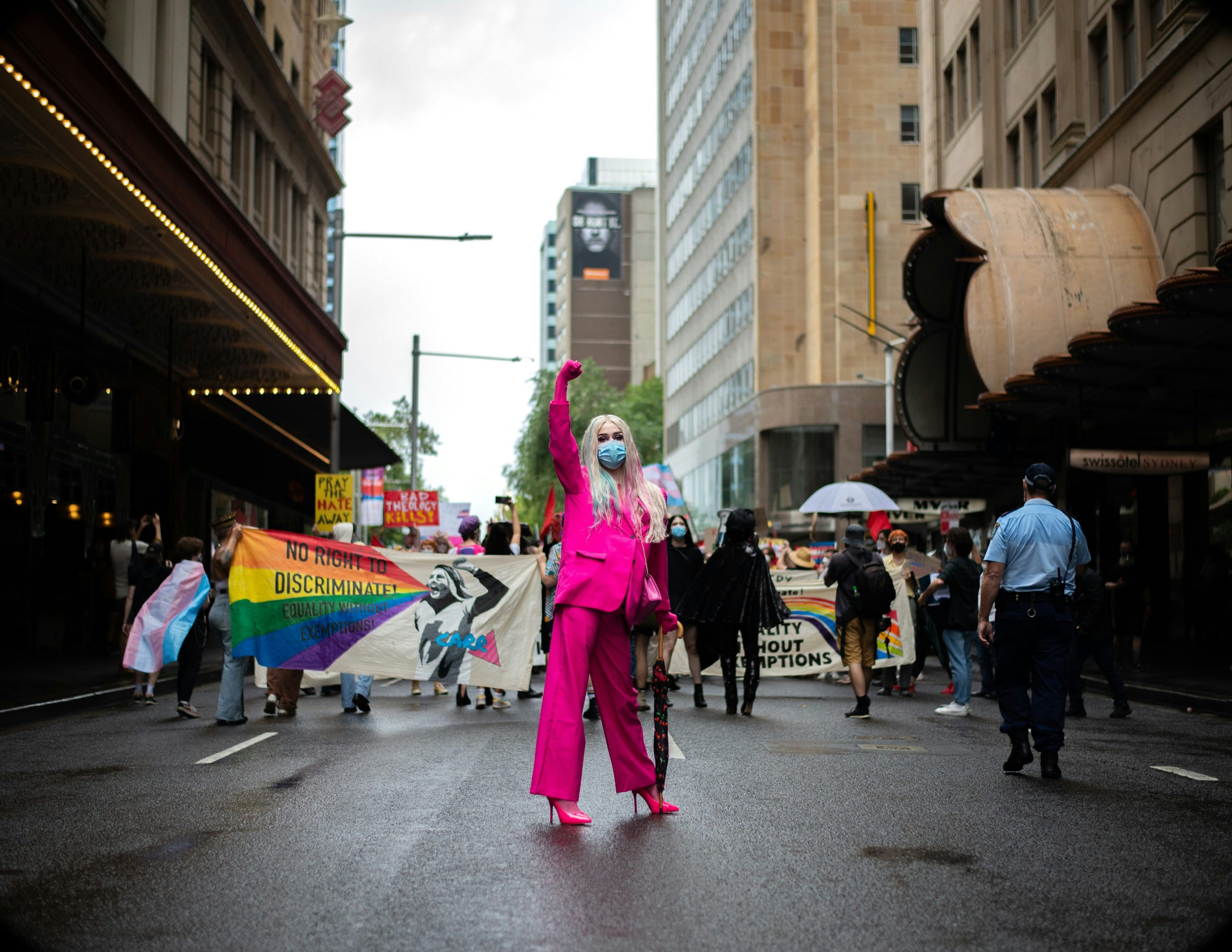Reading Lists
On the Power and Prison of Gender: 11 Stories and 1 Poem
Read work by Morgan Parker, Sachin Kundalkar, Maggie Shipstead, Juan Villoro, and more that considers the dynamics of identity
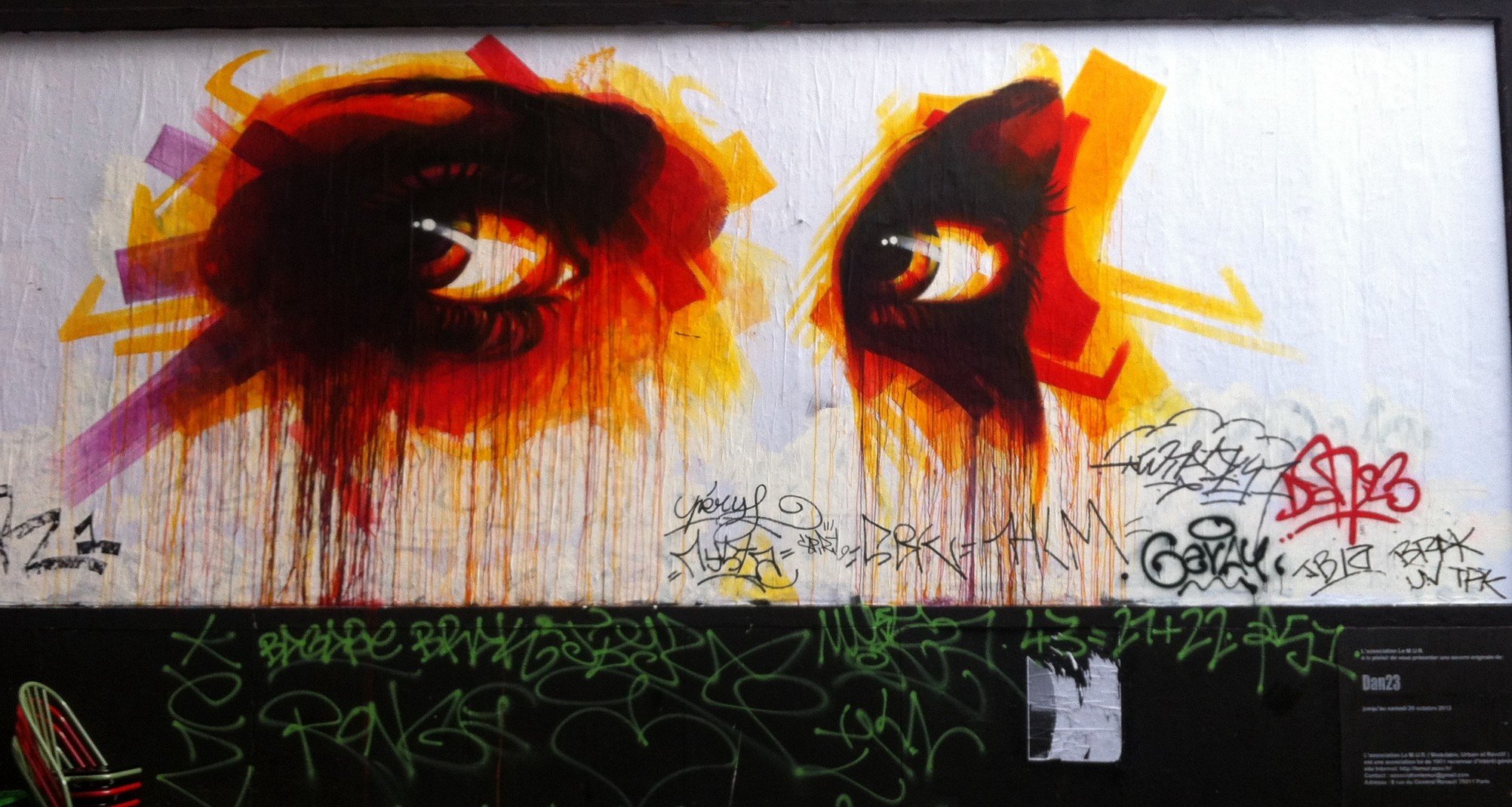
“Every limit is a beginning as well as an ending,” George Eliot, a.k.a. Mary Anne Evans, writes in the last chapter of Middlemarch. A limit in this sense is a useful way to think about gender. It can act as a key to our personhood, a path towards owning our identity, something we work to inhabit in the fullest form or forms. But to that end, it can be a kind of entrapment. Sometimes it affords us power and entitlement, and sometimes it is the reason for prejudice, denigration, oppression. It’s confusing that we’re born with no say in the matter; it can be scary to question it.
At a time when it feels like all over the world the very fundaments of society are being questioned, the choice by PEN America to theme its World Voices Festival under “Gender and Power” is an apt one. At EL, we feel that sharing stories is an excellent way of broadening our understanding of gender, and its subtle and apparent dynamics. We’ve unlocked 11 stories and 1 poem from the Recommended Reading archives that explore some of these the revelations and joys, moments of empowerment and periods of challenge that come with living in the physical self.
For just $5 a month, members of Electric Literature get access to the complete Recommended Reading archives of over 250 stories — and year-round open submissions. Membership is tax-deductible, helps us pay writers, and keeps all of our new content free. So if you like what you’ve read, please join today!


“Little Boy” by Marina Perezagua
Original translated fiction recommended by Electric Literature
The newly translated version of Marina Perezagua’s “Little Boy,” was originally published in Spanish for a collection called Leche. In this story about an intersex woman who survived the atomic bomb in Hiroshima, Perezagua makes a powerful juxtaposition between war and the gender binary. This is a story about knowing ourselves through our survival, through the moments we stay standing when the world is falling down around us.
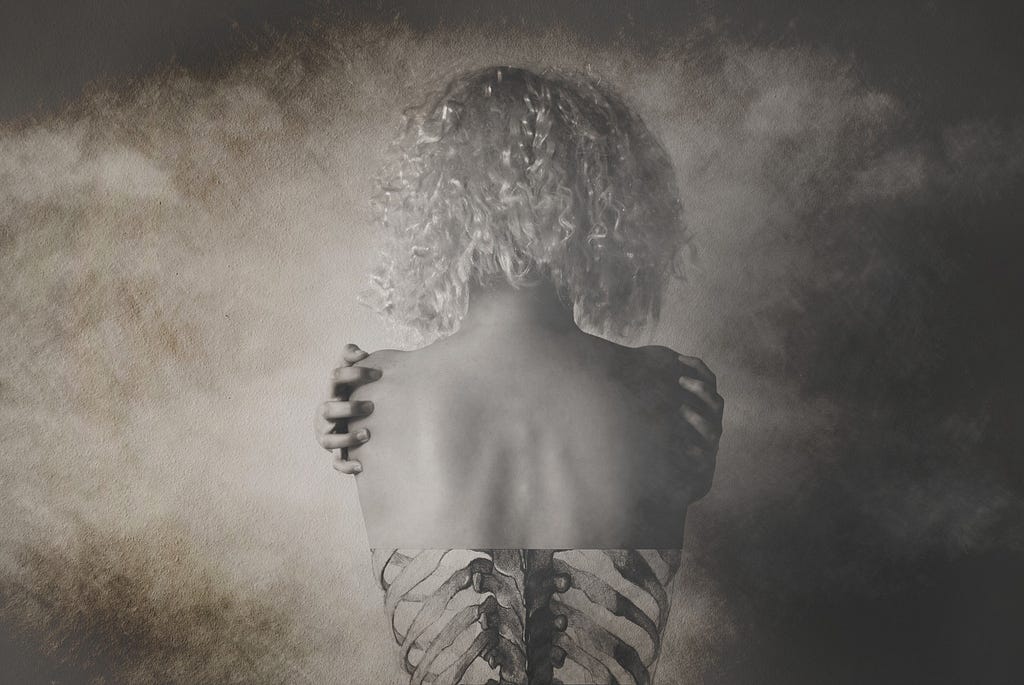
“Foragers” by Jennifer Sears
Recommended by Electric Literature
In Jennifer Sears’s story, Cat, Angelica, Susan, Lisa, and Melinda, spend their afternoons in the local library referencing anatomy books to calculate the weight of parts of the body, and documenting the information. They are in search of the “perfect minimum”: based on the necessary weight of their organs and other physiology, what is the least they can possibly weigh, and how can they get there? This is a story about the power we exert over our bodies, and the struggle to fit a gendered ideal.
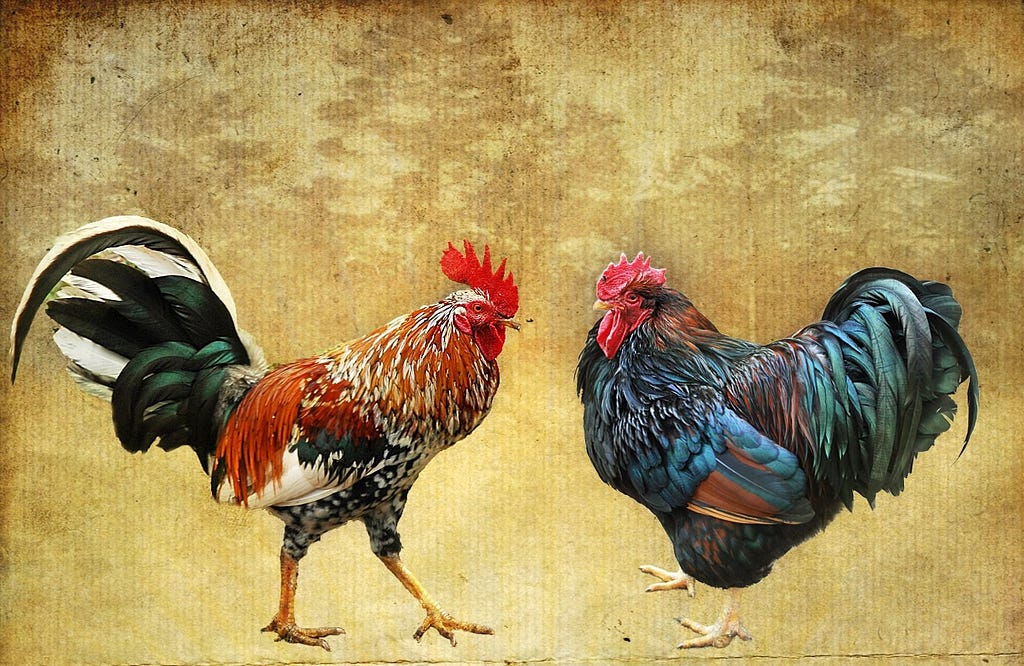
“Mariachi” by Juan Villoro
Recommended by George Braziller Press
Across cultures, there are symbols that embody prescribed gender roles. “The story investigates masculinity and authenticity,” writes Lexi Freiman, editor of Juan Villoro’s collection The Guilty, “using the beloved ‘national prejudice’ that is the mariachi.” Our narrator, Julián, is a national celebrity with a deep phallic insecurity, which leads to superlative penis jokes and anecdotes about the excessive courtesy of porn stars. In this way, Villoro “mobilizes stereotypes,” places them in the context of other, and gives the reader something ultimately new.
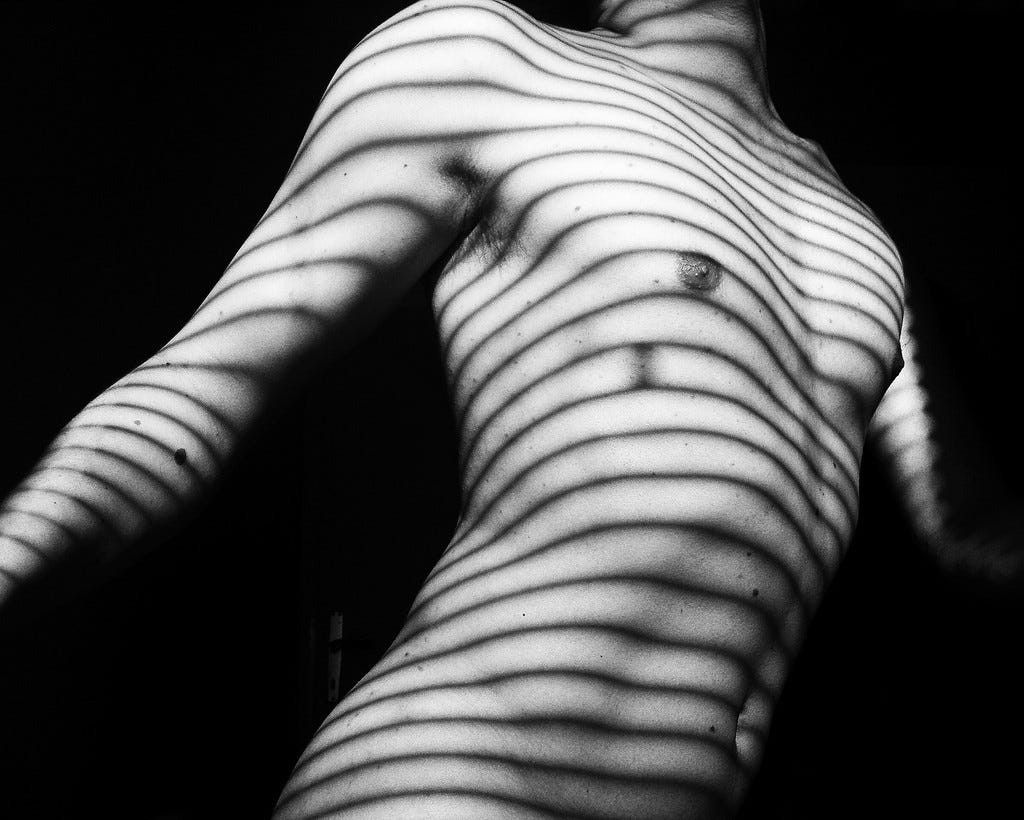
“You Wouldn’t Have Known About Me” by Calvin Gimpelevich
Original fiction recommended by Electric Literature
“Gimpelevich’s story takes as its subject the lives of trans people, and yet in centering the characters and their histories, it resists turning them into spectacle,” writes Recommended Reading Assistant Editor, Brandon Taylor in his introduction. The story follows a group of women, a man, and a mother as they navigate and begin the process of gender transition; it considers both the liberating power and the real challenges that comes with choosing the body in which you greet the world.
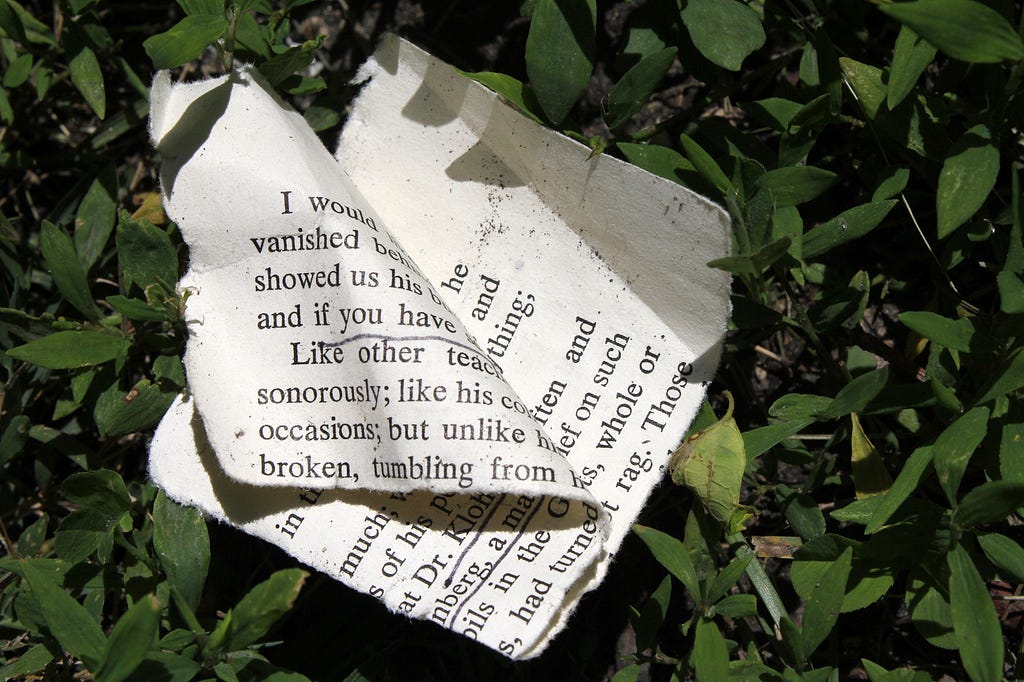
“The Rape Essay” by Suzanne Scanlon
Recommended by Belinda McKeon
In Suzanne Scanlon’s story, we meet Esther while she is staying in a mental asylum remembering a bad relationship she had with a college professor, Harold. Writes Belinda McKeon, author of Tender, “Scanlon’s prose ransacks not only Harold’s pretensions — he is a condescending, egocentric baby, a mansplainer extraordinaire — but also Esther’s weaknesses, her poor decisions, her tendency, maybe, to ask the wrong questions.” In a story that invokes Mary Gaitskill’s interrogative essay about consent and victimhood, Scanlon doesn’t resolve the question of power in relationships; rather she shows us how it is constantly shifting.

“Cabin Creek” by Madeline ffitch
Original fiction recommended by Electric Literature
In Madeline ffitch’s woodsy saga, a woman known only as the boss leads a crew comprising of a credit card debtor, a pair of lovers, and a “blatantly handsome” packer. Their task is to rebuild a bridge that’s been washed out over the river. While ffitch finds humor in what RR Editor-in-Chief Halimah Marcus calls, “the human mess,” the story also takes a subtle but serious look at the way women occupy leadership roles, and the conflict between holding power and being liked.
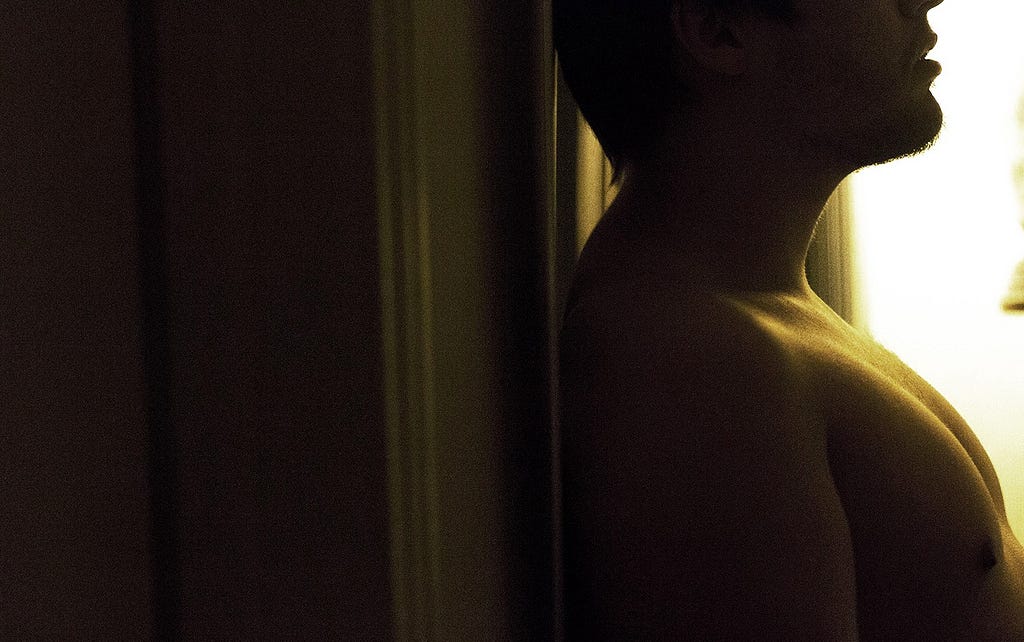
“Tanay” by Sachin Kundalkar
Recommended by The New Press
This excerpt comes from the novel Cobalt Blue, newly translated from the original Marathi. It follows a love triangle between a gay brother, Tanay, a rebellious sister, and a lodger in their home in India. Tanay’s story is a reminder that love forced into secrecy won’t be protected, it will be smothered.

“Angel Lust” by Maggie Shipstead
Original fiction recommended by Electric Literature
In “Angel Lust,” Maggie Shipstead jumps into an exploration of male virility and mortality, and produces, per her usual form, something gorgeous, measured, visceral, and funny. What’s exceptional about this achievement is that her topic is one that often leads to fiction of a certain somberness, maybe even vanity and self-pity (hi John Updike). Shipstead, however, makes the story universal, as Halimah Marcus writes, “a window and a mirror both.”
9 Stories About the Magic of Cities
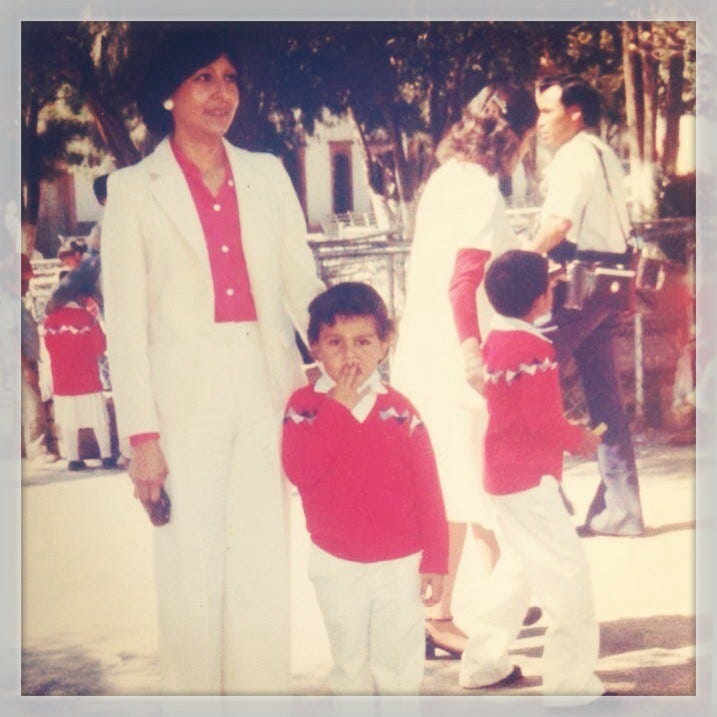
“Everything Good That I Know I Learned From Women” by Tryno Maldonado
Recommended by Buenos Aires Review
Tryno Maldonado’s story appears in the archives in Recommended Reading in both the English translation and the original Spanish. “Ultimately,” writes Jennifer Croft of the Buenos Aires Review, this “is a story about surrogacy and substitution: the primary female figure in the story flickers between mother, teacher, and fragile figurine at risk of breakage beyond repair.” Told in 13 parts, Maldonado’s story interrogates gender as it relates to class, violence, and nationality.
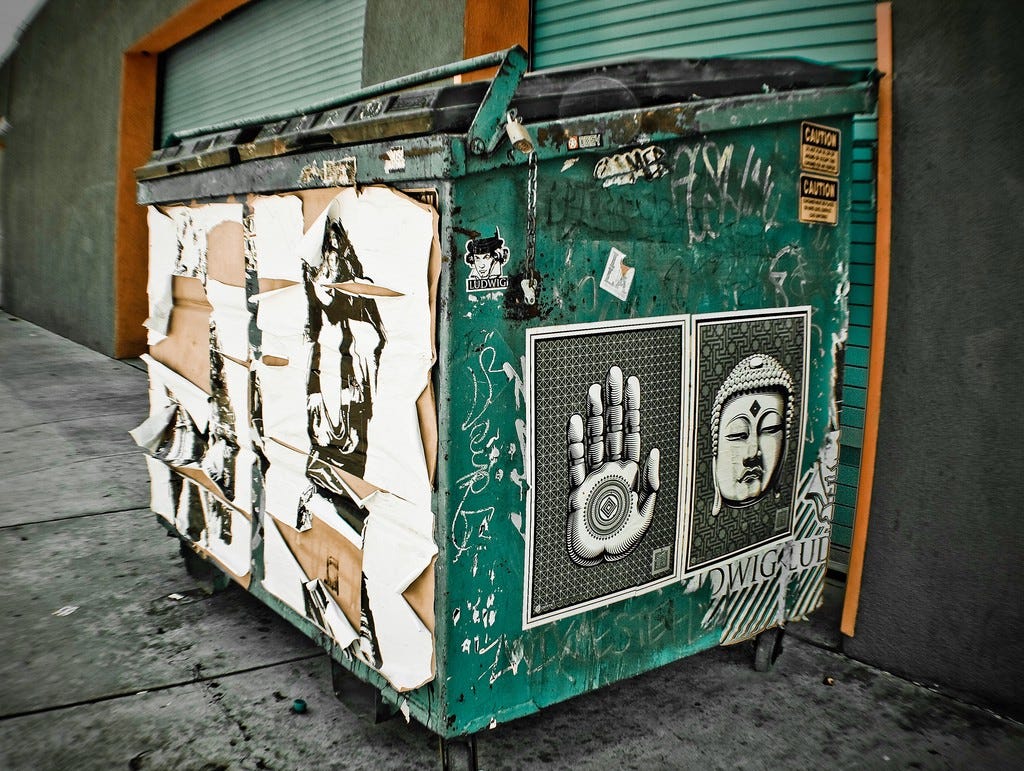
“Three Things You Should Know About Peggy Paula” by Lindsay Hunter
Recommended by Roxane Gay
This brief, three-part story is about a waitress whose life is lived on the fine line between happy acceptance and inevitable resignation. Peggy Paula, writes Roxane Gay, “is a woman who can find beauty from the bottom of a dumpster as a young man pisses above her. She will welcome another woman’s man into her bed so she can feel, however fleetingly, that she is part of the world she spends so much of her life watching.” Between the men she brings home, and the women she observes at her restaurant, Peggy Paula embodies both the limitations and the possibilities of being a working woman in search of love.

“Mack!” by Colin Winnette
Original fiction recommended by Electric Literature
What do Fatherhood with a capital F and Husbandhood with a capital H feel like as they relate to masculine identity? That’s a serious sounding question that “Mack!” considers with humor — and more. Halimah Marcus writes, “In another light it’s about insincerity and denial, in yet another it’s about a psychotic break and fear of dying, and in another still, it’s a story about me, the reader, being manipulated by a charismatic and withholding man, who is possibly a lunatic.”
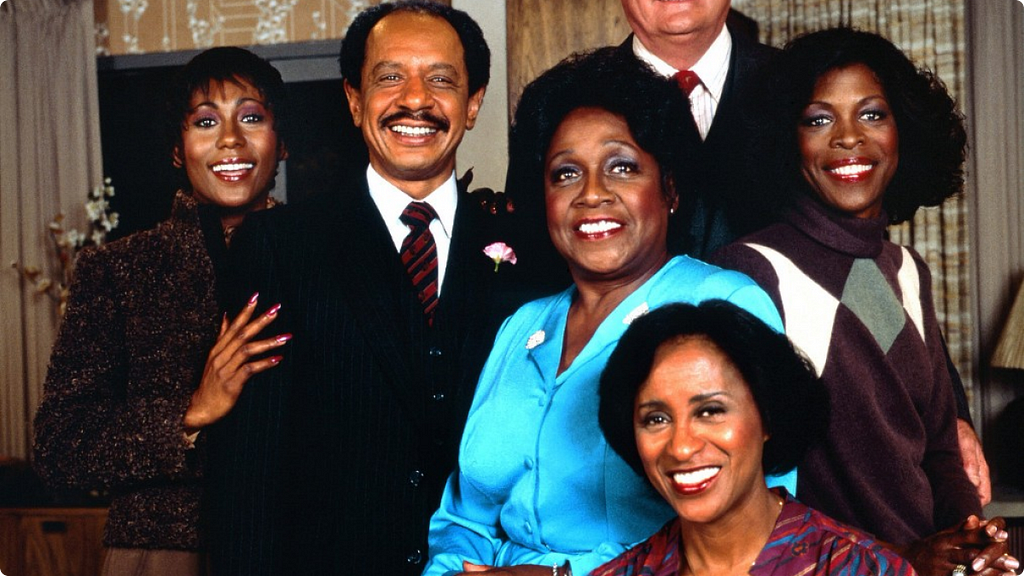
“Magical Negro #607: Gladys Knight on the 200th Episode of The Jeffersons,” by Morgan Parker
Original poetry recommended by Electric Literature for the 200th Issue
Morgan Parker, author of There Are More Beautiful Things Than Beyoncé, contributed this poem about the 200th episode of The Jeffersons for our 200th issue of Recommended Reading. The poem looks at how Gladys Knight’s appearance on the show challenged the way America saw Black women in the home — particularly a wealthy home. “I want to be the first / Black woman to live her life / exclusively from the bathtub.” In the same way The Jeffersons was both a comedy and an exploration of class and race, Parker’s poem confronts the readers as it entertains.







